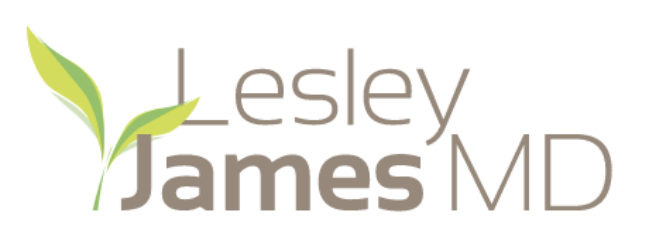Integrative Medicine (IM) is a healing-oriented medicine that takes into account the whole person, including all aspects of their lifestyle. It emphasizes the therapeutic relationship between practitioner and patients, is informed by evidence, and makes use of all appropriate therapies.
The principles of Integrative Medicine:
- The patient and the practitioner are partners in the healing process.
- All factors that influence health, wellness, and disease are taken into consideration, including mind, spirit, and community, as well as the body.
- Appropriate use of both conventional and alternative methods facilitates the body’s innate healing process.
- Effective interventions that are natural and less invasive should be used whenever possible.
- Integrative medicine neither rejects conventional medicine nor accepts alternative therapies critically.
- Good medicine is based in good science. It is inquire-driven and open to new paradigms.
- Alongside the concept of treatment, the broader concepts of health promotion and the prevention of illness are paramount.
- Practitioners of integrative medicine should exemplify its principles and commit themselves to self-exploration and self-development.
What is an integrative physician?
Unfortunately, some physicians (and many non-physician providers) describe themselves as “integrative” even though they have had only minimal training. Some have no training at all! If you are looking for an integrative physician, check that they are fellowship or residency-trained, either by the Arizona Center for Integrative Medicine and/or have completed a board-recognized fellowship/residency, with board certification by the American Board of Physician Specialties. Many physicians who have completed the Arizona Center training, an internationally-known program, have gone on to lead integrative programs at prestigious universities and medical centers.
Individualized Healing
Narrative Medicine
Every patient has a story to tell, and, for me, these narratives provide a meaningful approach to addressing the healing process. Narrative Medicine uses a patient’s background and language to assist in clinical practice and research, and is an effective and often cathartic approach to individualized healing.
For me, narrative medicine has always been a priority. Upon meeting with a patient for the first time, I typically spend at least 90 minutes talking with them in an effort to document their lives, from birth to present day. For many patients, this is the first time they have been able to tell their story, and the result can be not only a therapeutic experience, but can provide a connection between their illness and what has occurred in their past.
It is an honor to be privy to my patients’ stories, and I consider this time spent together to be one of the most rewarding aspects of my work. Narrative Medicine offers yet another means to viewing my patients as a whole.
Salutogenesis
Physicians spend a lot of time attempting to “fix” patients’ health issues, and over the years I have retrained myself to focus on reframing health goals to include not only the absence of disease, but the importance of living optimally and vibrantly.
Salutogenesis (from the Latin “salus,” which means health and the Greek “genesis,” which means origin) is a medical approach that supports the process of health creation and healing. Its primary concepts address stress management, physical exercise, sleep, nutrition, social cohesion, environment, living a purposeful life, and more.
In approaching each patient individually, I have recognized the increased significance of prevention, well being, and resilience through Salutogenesis.
Why consider a physician?
For those considering the amount of education and expertise required to become a physician, take a look at the table below. Most physicians have at least three years (some more than seven) of residency training, where they work directly with patients, and, upon completing four years of medical school, usually have the equivalent of 20 years of work experience after completing their residencies — upwards of 40,000 hours! As I practiced family medicine prior to pursuing a Fellowship in Integrative Medicine, I appreciate the advanced training necessary to reach the goals of providing patients with appropriate and effective care.
| undergrad | graduate | residency | total years | |
| Medical Doctor (MD, DO) | 4 years | 4 years | required, minimum of 3 | minimum of 11 years |
| Nurse Practitioner | 4 years | 1-4 year master’s of doctoral program | not required | 5-8 |
| Physician Assistant | 4 years | 2-2 1/2 years | not required | 6-6 1/2 |
| Chiropractor | 3-4 years | 4 years | 1 year internship required, optional additional | minimum 8 years |
| Acupuncturist | 3-4 years | 3 years | not required | minimum 6 years |

